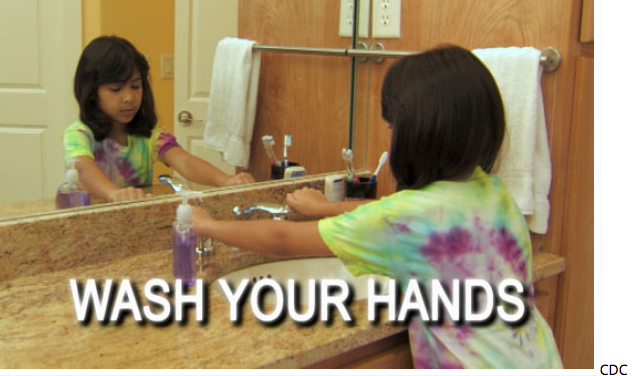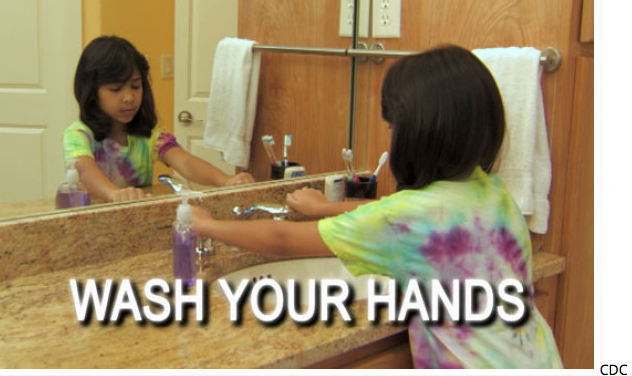- ~2 million hospital patients get infections each year.
- That’s about 1 infection for every 20 patients.
- Infections that patients get in the hospital can be life-threatening and hard to treat.
In a recent survey conducted by KRC Research for the global hygiene company, Americans aren’t washing their hands as much as they should. Survey interview of 1,000 adults across the country found that
Contents
- 71 % claimed to wash their hands on a regular basis
- 58% have witnessed others leave a public restroom without hand washing
- 35% have witnessed a co-worker leave the restroom without hand washing
- 20% have witnessed a restaurant worker leave the restroom without hand washing
Excerpt from the 2006 Minnesota Hand washing Tool Kit also revealed the following statistics: American Society of Microbiology studies showed:
- 97% of females and 92% of males say they wash
- of these only 75% females and 58% males washed
- 50% of middle and high school students say they wash
- of these 33% of females and only 8% of males used soap while washing hands
Hand hygiene is one of the most important ways to prevent the spread of infections. Keeping hands clean is one of the best ways to prevent the spread of infection and illness. Hand washing is easy to do and it’s one of the most effective ways to prevent the spread of many types of infection and illness in all settings—from your home and workplace to child care facilities and hospitals. Clean hands can stop germs from spreading from one person to another and throughout an entire community.
Facts of the effects of hand washing:
- It is estimated that washing hands with soap and water could cut diarrheal disease-associated deaths by up to 50%
- A large percentage of foodborne disease outbreaks are spread by contaminated hands. Appropriate hand washing practices can reduce the risk of foodborne illness and other infections
- Hand washing can cut the risk of respiratory infections by 16%
- The use of an alcohol gel hand sanitizer in the classroom provided an overall reduction in absenteeism due to infection by 19.8% among 16 elementary schools and 6,000 students
When to wash your hands? According to CDC,
- Before, during, and after preparing food
- Before eating food
- Before and after caring for someone who is sick
- Before and after treating a cut or wound
- After using the toilet
- After changing diapers or cleaning up a child who has used the toilet
- After blowing your nose, coughing, or sneezing
- After touching an animal or animal waste
- After handling pet food or pet treats
- After touching garbage
Sources
- Handwashing: Clean Hands Save Lives. http://www.cdc.gov/handwashing/index.html
- Hand Hygiene in Healthcare Settings. http://www.cdc.gov/handhygiene/Basics.html#posters
- World Health Organization. Water for health: taking charge. 2001







